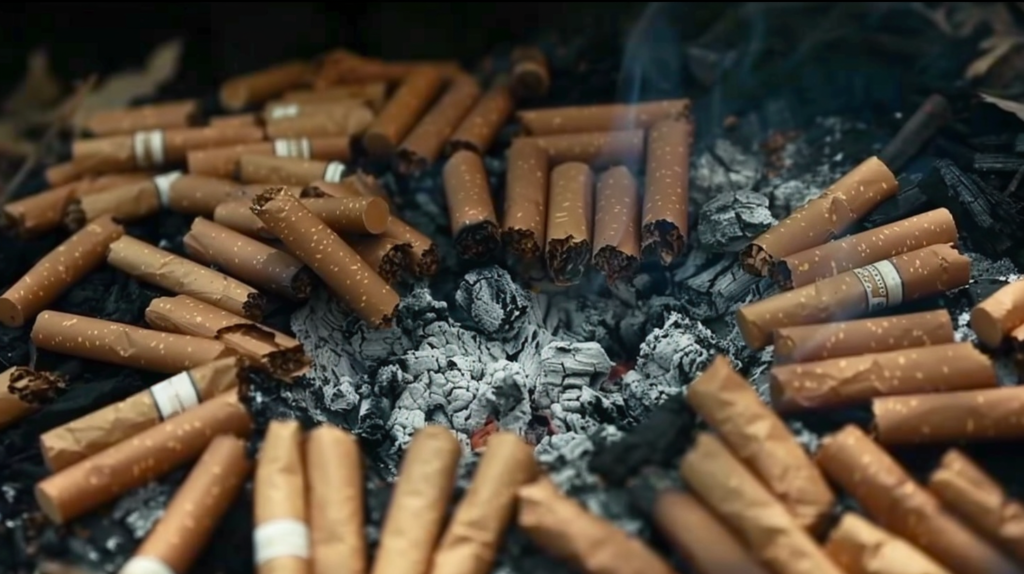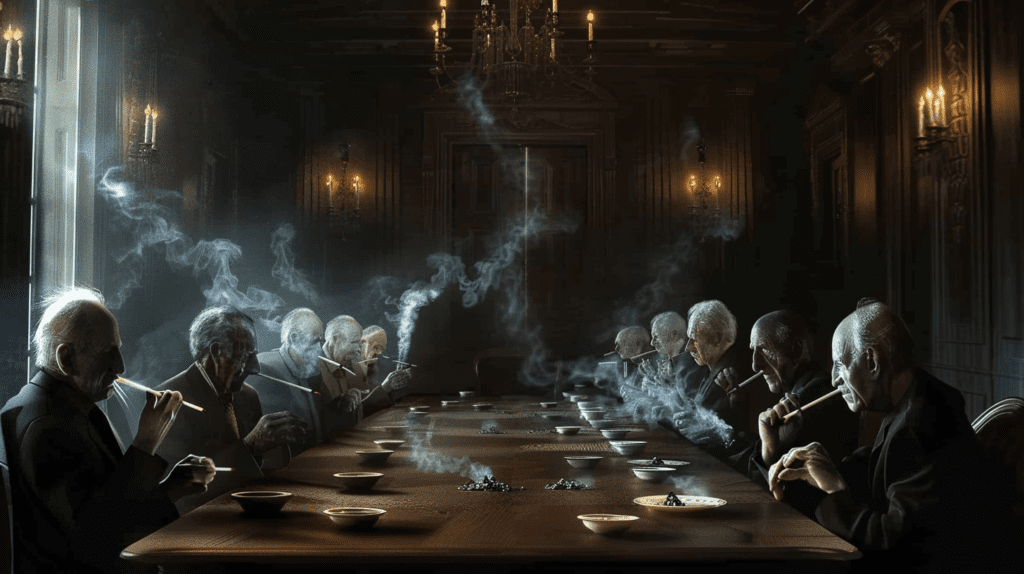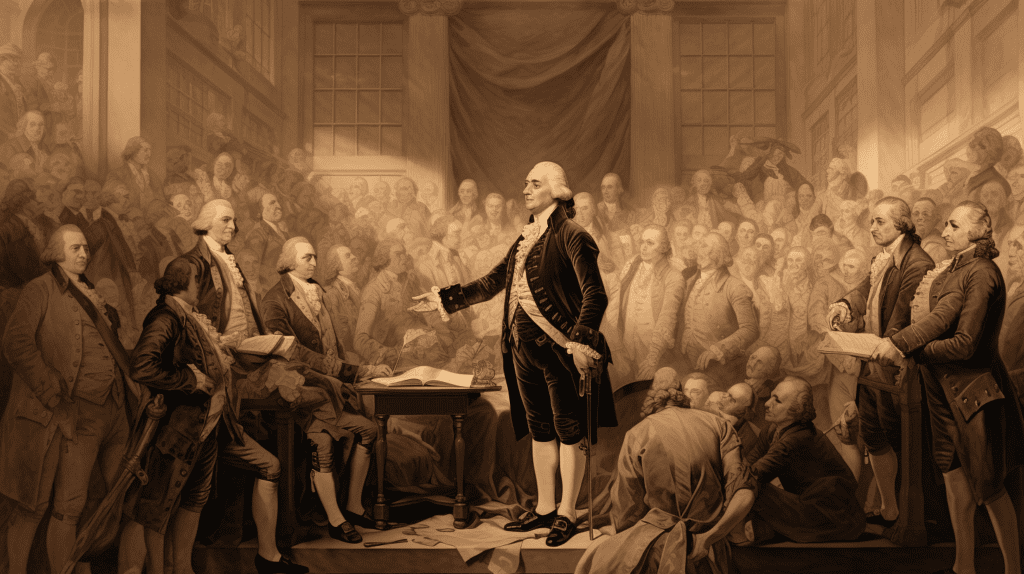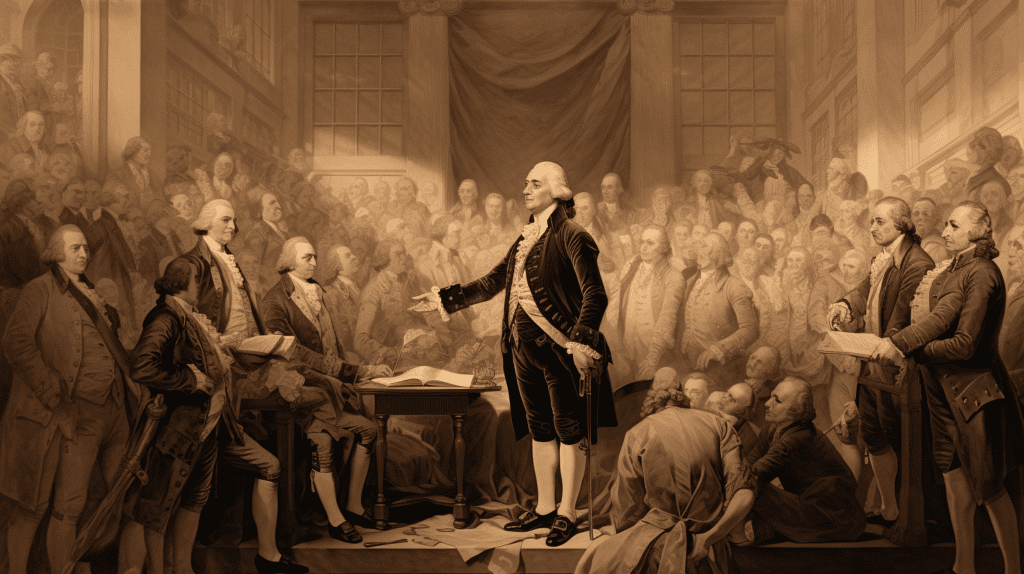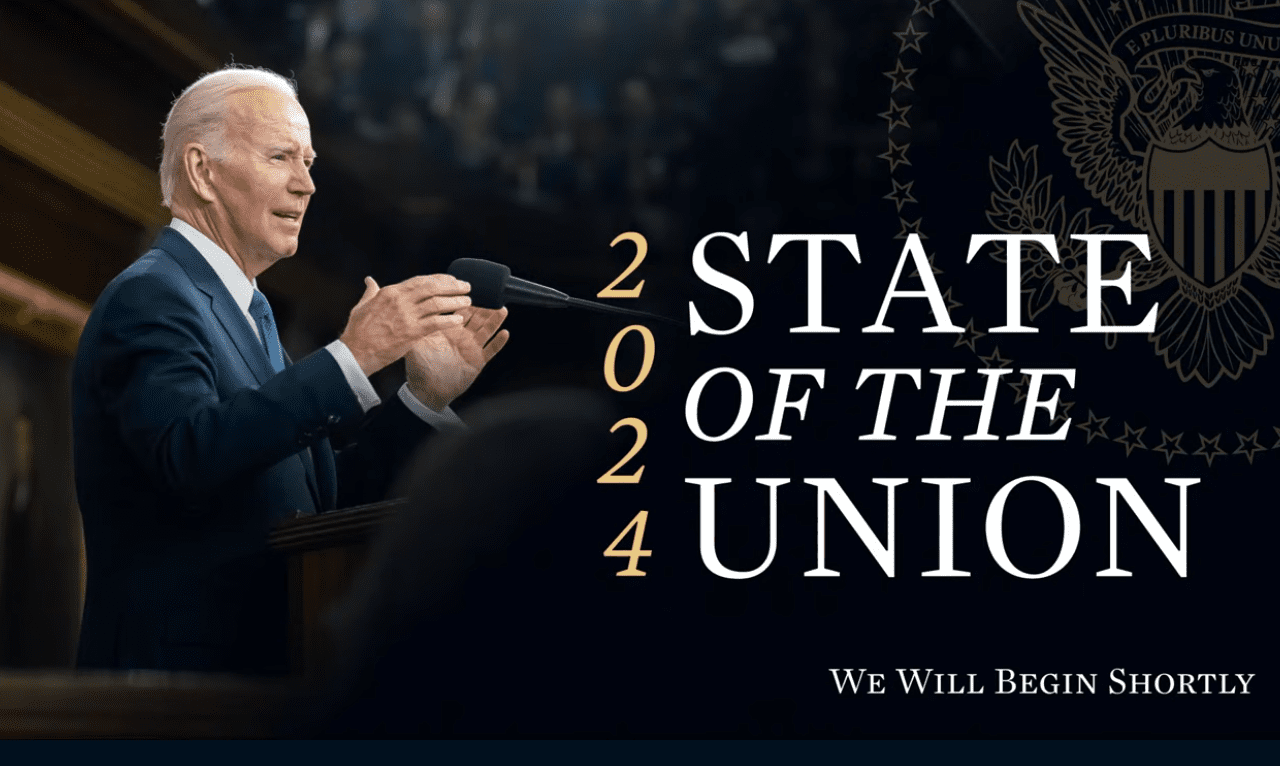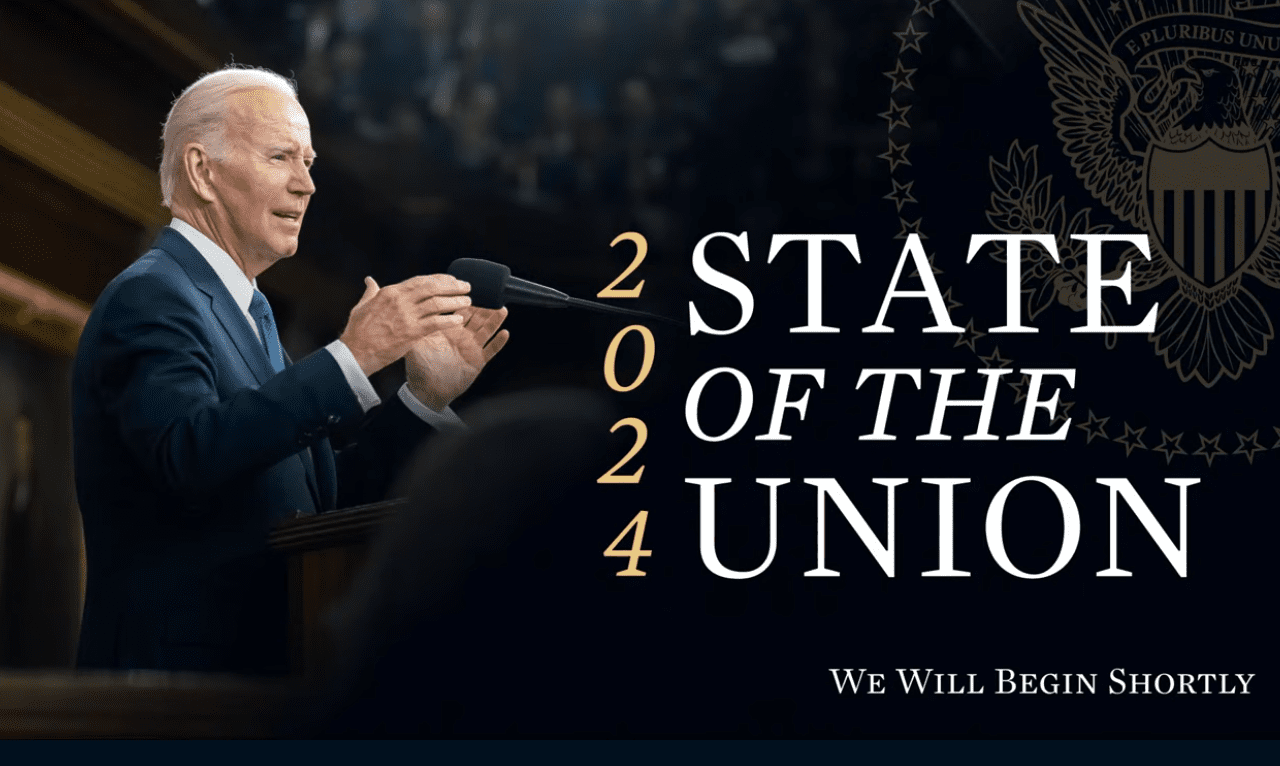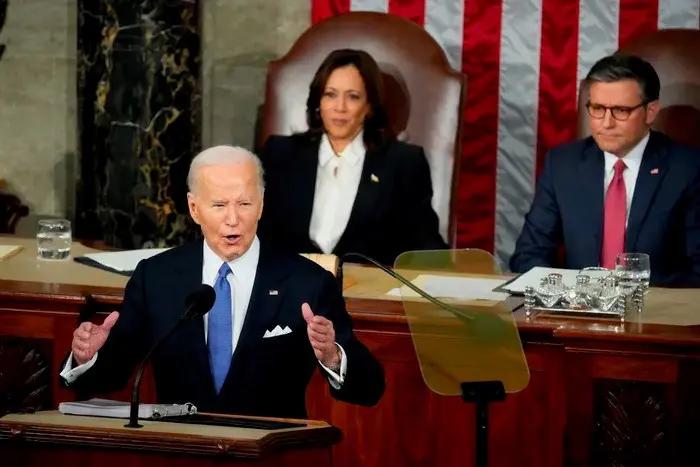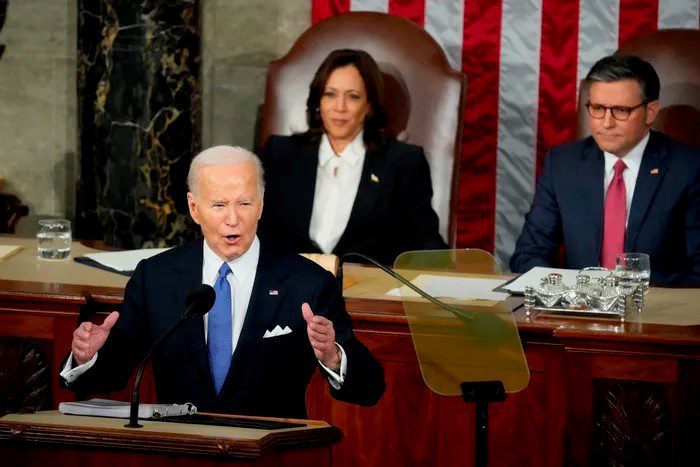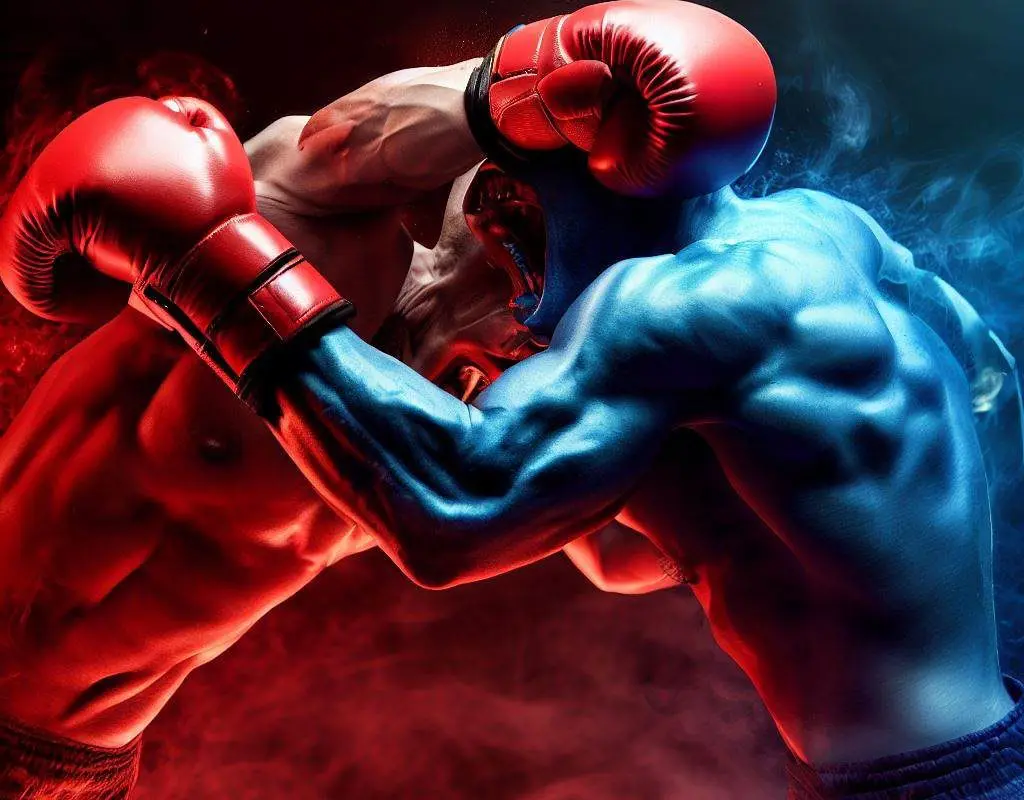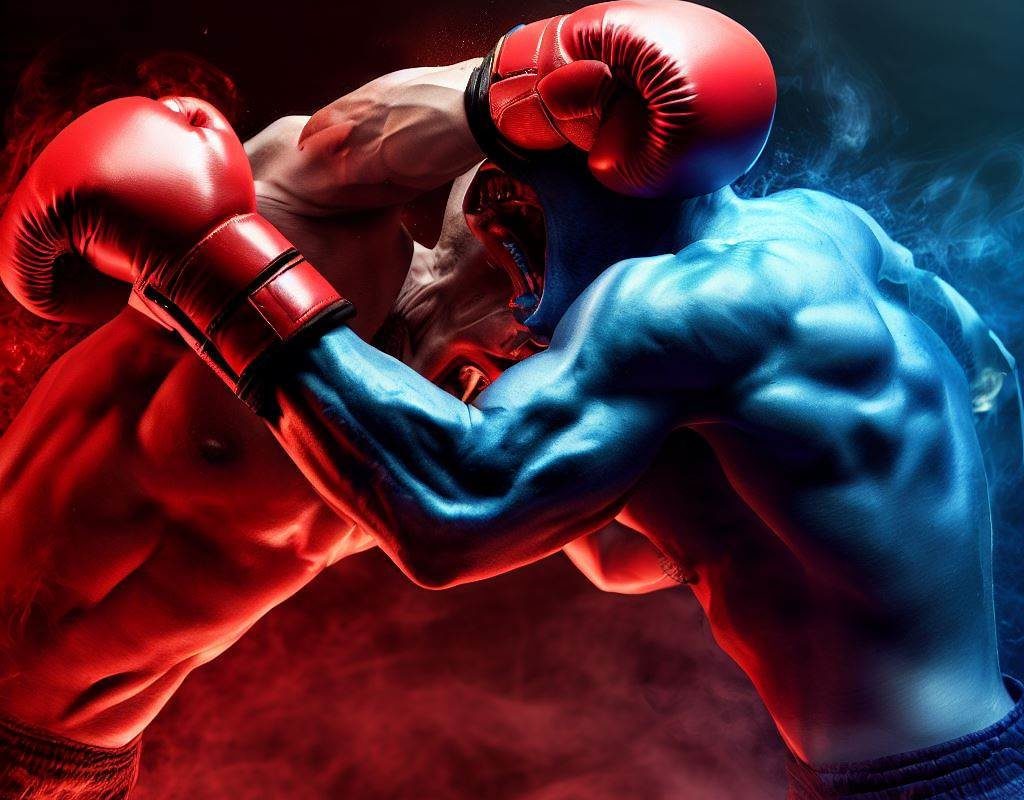The Heartland Institute is a conservative and libertarian public policy think tank that was founded in 1984. Based in Arlington Heights, Illinois, its stated mission is to discover, develop, and promote free-market solutions to social and economic problems. However, it is perhaps most widely known for its controversial stance on climate change and its efforts to question the scientific consensus on the matter.
Early years and focus areas
Initially, the Heartland Institute focused on a broad range of issues, including education reform, health care, tax policy, and environmental regulation. It positioned itself as a proponent of free-market policies, arguing that such policies lead to more efficient and effective solutions than those proposed by government intervention. Later, it would begin to pivot towards advocacy around a singular issue: climate change denialism.
Climate change and environmental policy
The Heartland Institute’s engagement with climate change began to intensify in the late 1990s and early 2000s. During this period, the Institute increasingly questioned the prevailing scientific consensus on climate change, which holds that global warming is largely driven by human activities, such as the burning of fossil fuels and deforestation.
The Institute has been accused of being a key player in the campaign to spread doubt about climate change science — following the disinformation playbook first established by Big Tobacco in the 1950s to fight against public awareness of the lethal dangers of smoking. Critics argue that Heartland has worked to undermine public understanding and acceptance of global warming through various means, including:
- Publication of Skeptical Research and Reports: Heartland has funded and published reports and papers that challenge mainstream climate science. Notably, it has produced and promoted its own reports, such as the “NIPCC” (Nongovernmental International Panel on Climate Change) reports, which purport to review the same scientific evidence as the UN’s Intergovernmental Panel on Climate Change (IPCC) but often arrive at starkly different conclusions.
- Conferences and Workshops: The Institute has organized and hosted numerous conferences that have brought together climate change skeptics, scientists, and policymakers. These events have served as platforms for presenting and discussing views that are at odds with the mainstream scientific understanding of climate change.
- Public Relations and Media Campaigns: Through press releases, op-eds, and social media, the Heartland Institute has actively worked to disseminate its views on climate change to the wider public. It has also attempted to influence policymakers and educators, at times by distributing educational materials that question the consensus on global warming.
Funding and controversy
The funding sources of the Heartland Institute have been a subject of controversy. The organization has received financial support from various foundations, individuals, and corporations, including those with interests in fossil fuels — including the Koch network and the Joseph Coors Foundation. Critics argue that this funding may influence the Institute’s stance on climate change and its efforts to challenge the scientific consensus.
In 2012, the Heartland Institute faced significant backlash following the leak of internal documents that revealed details about its funding and strategy for challenging climate change science. These documents shed light on the Institute’s plans to develop a K-12 curriculum that would cast doubt on climate science, among other strategies aimed at influencing public opinion and education.
Lies, Incorporated
The Heartland Institute’s role in the climate change debate is a highly polarizing one. Proponents view it as a bastion of free speech and skepticism, vital for challenging what they (ironically) claim to see as the politicization of science. Critics, however, argue that its activities have contributed to misinformation, public confusion, and policy paralysis on one of the most pressing issues facing humanity — as well as playing a role in fomenting a broader shift towards science denialism in American culture.
By questioning the scientific consensus on climate change and promoting “alternative facts,” the Heartland Institute has played a significant role in shaping the public discourse on global warming. Its actions and the broader debate around climate science underscore the complex interplay between science, policy, and public opinion in addressing environmental challenges.
